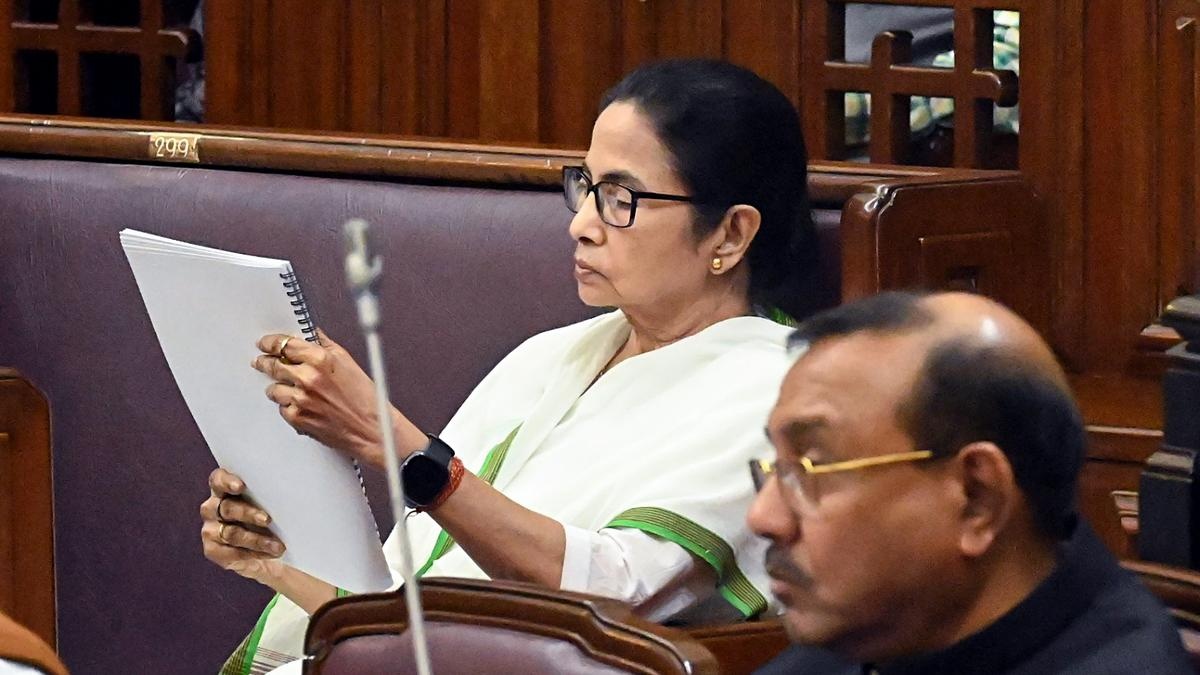
Legal Battles and Judicial Delays
West Bengal government employees have escalated their demands for fair compensation after the state government announced a 4% increase in Dearness Allowance (DA) in its 2025 budget. The move has sparked widespread protests, with employee associations vowing to continue their legal fight until they receive their rightful dues. Despite a Calcutta High Court directive mandating the government to address the DA issue, the state has yet to fulfill its obligations. Malay Mukhopadhyay, a prominent leader of the Confederation of State Government Employees, emphasized that DA is a fundamental right, not an extra benefit. He criticized the government for dragging the case through multiple judicial levels, stating, “We have filed appeals 14 times at the Supreme Court, but justice remains elusive.” The prolonged legal battle has drained resources and morale, yet activists insist their struggle will continue until the Supreme Court delivers a verdict.
Employee Associations Demand Fair Treatment
Protests have intensified as various employee groups demand a more substantial DA hike to match inflation rates. The Sangrami Joutho Mancha, a prominent union conducting sit-ins in Kolkata’s Sahid Minar, warned that the 4% increase is “a mere gesture” and urged a 39% adjustment to align with national standards. Bhaskar Ghosh, the organization’s state convener, accused the Trinamool Congress government of prioritizing “freebies” over essential worker benefits. Meanwhile, Sukumar Pain of the All Bengal Teachers Association highlighted the financial strain on educators, citing rising living costs and expensive medical treatments. “How can we survive when our salaries fail to keep pace with inflation?” he questioned, accusing the government of neglecting its duty to public servants.
Broader Implications for State Budgeting
The DA dispute has exposed deeper tensions between state priorities and employee welfare. Critics argue that the 4% hike falls far short of addressing the 18% DA rate required to match the central government’s 53% benchmark. With inflation soaring and essential goods becoming more expensive, employees claim their current compensation fails to cover basic needs. The controversy has also raised questions about fiscal responsibility, as unions accuse the state of misallocating funds. As protests continue, the situation underscores the growing challenges of balancing public spending with the demands of government workers in a rapidly changing economic landscape.



